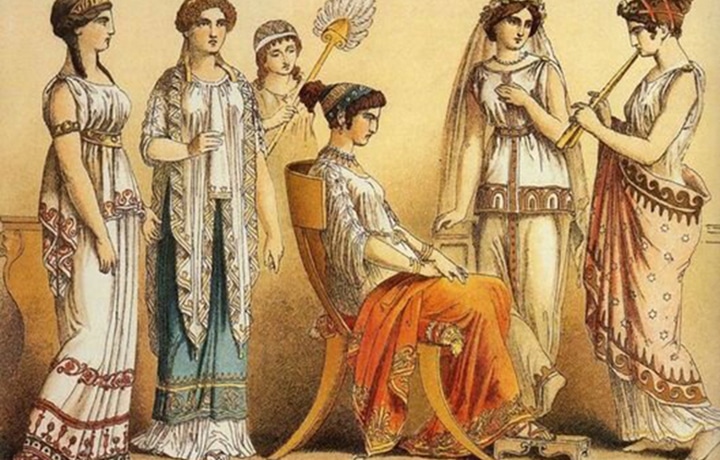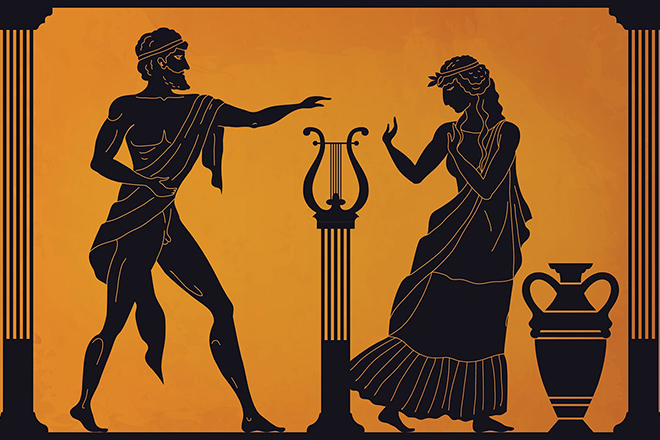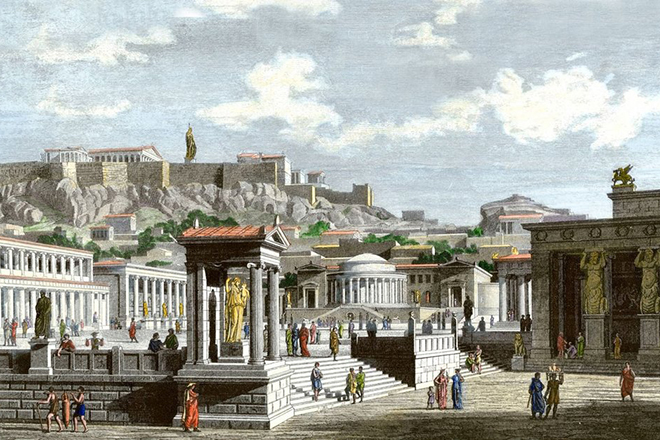Historical Context
What Were the Fundamental Philosophies Guiding Spartan and Athenian Societies?
The contrasting lives and roles of women in Sparta and Athens can be traced back to the fundamental philosophies and ideological underpinnings that guided these two prominent Greek city-states. Understanding these foundational beliefs is crucial for comprehending the societal structures, values, and gender roles that emerged in each polis.
Spartan Society and Philosophy
Sparta was characterized by its militaristic and communal ethos, with a societal structure that prioritized the collective well-being and security of the state above all else. The Spartan constitution, attributed to the legendary lawgiver Lycurgus, emphasized discipline, equality among its citizen-soldiers (the Equals or Homoioi), and a rigorous lifestyle devoid of luxury and excess.
Spartan philosophy was deeply influenced by the need to maintain a strong military to secure their dominance and protect against both external threats and internal rebellion, particularly from the helots, a subjugated population that worked the land.
This militaristic and communal approach extended to the role and status of women. Spartan women were afforded rights and responsibilities that were designed to serve the state’s overarching goal of producing strong warriors.
Women were encouraged to participate in physical training to ensure they could bear healthy children and manage the household in the absence of their male counterparts. This societal structure allowed Spartan women a level of autonomy and public presence that was unusual in the ancient world, reflecting the city-state’s pragmatic approach to survival and dominance.
Athenian Society and Philosophy
Athens, on the other hand, is celebrated for its development of democracy and emphasis on individual achievement, intellectual pursuits, and artistic expression. The Athenian philosophy was rooted in the ideals of freedom and equality among its male citizens, which fostered a vibrant public life in the Agora and the Assembly. Athenians valued education, debate, and the arts, believing that civic participation and the exchange of ideas were the bedrock of a strong and just society.
However, these ideals of freedom and civic engagement were largely restricted to male citizens. Athenian women were excluded from the democratic process and public life, reflecting the city-state’s patriarchal values. Women’s roles were primarily confined to the domestic sphere, where they were expected to manage the household and bear children.
The Athenian philosophy underscored the separation of public and private life, with women’s virtue and modesty being highly prized. The emphasis on male citizenship and public discourse meant that women’s education and social interactions were limited, aimed at preparing them to be dutiful wives and mothers within the confines of their oikos (household).
Contrasting Philosophies and Their Impact on Women
The fundamental philosophies of Sparta and Athens created distinct societies with different expectations for women. In Sparta, the communal and militaristic ethos led to a society where women had significant responsibilities and a certain degree of freedom, aligned with the state’s focus on military preparedness and social cohesion. In contrast, Athens’ emphasis on democracy, intellectual achievement, and the arts cultivated a society that valued public debate and civic participation for men, while relegating women to the domestic sphere, reflecting the city-state’s patriarchal and public-private dichotomy.
These ideological underpinnings shaped the roles, rights, and societal expectations of women in Sparta and Athens, highlighting the interplay between societal values and gender roles in the ancient world.






